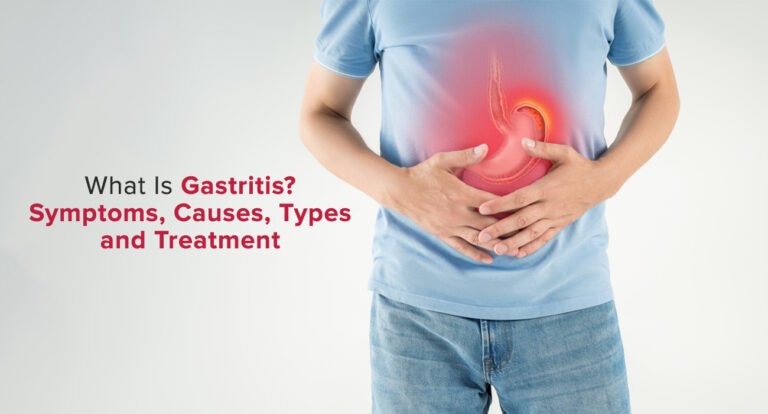Gastritis is a condition that affects many individuals and is often attributed to inflammation in the stomach lining. It can present as mild discomfort or a more pronounced issue requiring attention. While it is not a condition to self-diagnose or treat alone, understanding its symptoms and potential treatments can empower those experiencing it to seek appropriate medical advice.
What is Gastritis?
Gastritis refers to inflammation of the stomach lining, which can occur over a short (acute) or long (chronic) period. Different circumstances, such as infection, lifestyle factors, or certain medications, can cause this inflammation. Factors like frequent alcohol consumption, excessive use of pain relievers, or stress may irritate and inflame the stomach. While the specifics of the condition can vary from one individual to another, it typically reflects an imbalance, where protective mechanisms in the stomach are compromised, leaving the lining vulnerable to inflammation or damage.
What Are the Symptoms?
The symptoms are not universal and can differ in severity. They include sensations of discomfort or pain located in the upper abdomen, often described as a dull ache or burning. Some individuals report nausea, vomiting, or a feeling of fullness after eating small portions of food. While these symptoms overlap with other digestive conditions, persistent or worsening discomfort may point toward gastritis. There can be signs of more advanced cases, such as vomiting blood or the appearance of blood in stool. Any of these symptoms require prompt assessment by a healthcare provider. It is worth noting that some forms of gastritis may not present noticeable symptoms, complicating detection without medical consultation.
How is it Treated?
Treatment generally focuses on addressing the underlying cause while alleviating symptoms. Healthcare providers typically recommend a personalized approach based on the type of gastritis an individual has. Below are some methods involved in the management of gastritis.
- Dietary Adjustments: Dietary modifications are commonly suggested for those managing gastritis. Foods known to irritate the stomach lining, such as spicy or acidic items, may be avoided. Many people find specific foods and beverages, like caffeine or alcohol, may exacerbate symptoms, and reducing intake could be beneficial.
- Medications: Several categories of medications may be used to address gastritis.
- Lifestyle Changes: Lifestyle adjustments can complement other treatments. Quitting smoking, reducing or stopping alcohol consumption, and managing stress are often recommended to improve symptoms or prevent gastritis from worsening.
- Treating Underlying Conditions: If gastritis results from an underlying condition or specific behavior, addressing those root causes is a necessity. For instance, individuals with gastritis caused by long-term pain reliever usage may need alternatives not harmful to the stomach.
When to Get Medical Help
While mild symptoms may improve with dietary or lifestyle changes, others may persist or escalate in intensity. If you notice symptoms such as recurring pain, unexplained weight loss, difficulty consuming meals, or any signs of internal bleeding (like blood in stool or vomit), seek medical advice promptly. Early identification and treatment can prevent complications and promote better management. Gastritis is highly manageable in most cases when appropriately addressed. Proactive discussions with a medical professional can clarify your path to relief and provide clarity on how best to support your digestive health moving forward.

